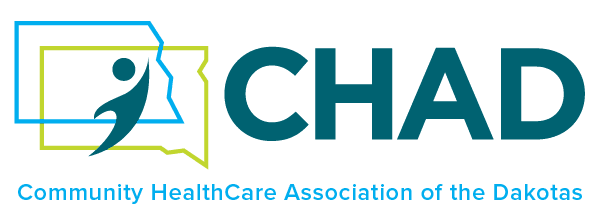Get Help > Native American
Native American
As an enrolled Tribal member, you are eligible for additional benefits, making it easier for you to get health insurance. Based on your income, you may be eligible for a Medicaid or a Marketplace health insurance plan.
You are eligible to enroll in health insurance at any time.
Once you’re enrolled in a plan, you can change plans up to once a month or enroll for plan coverage next year during Open Enrollment. To get a full list of your options and benefits, you’ll need to verify your tribal status with a Navigator.
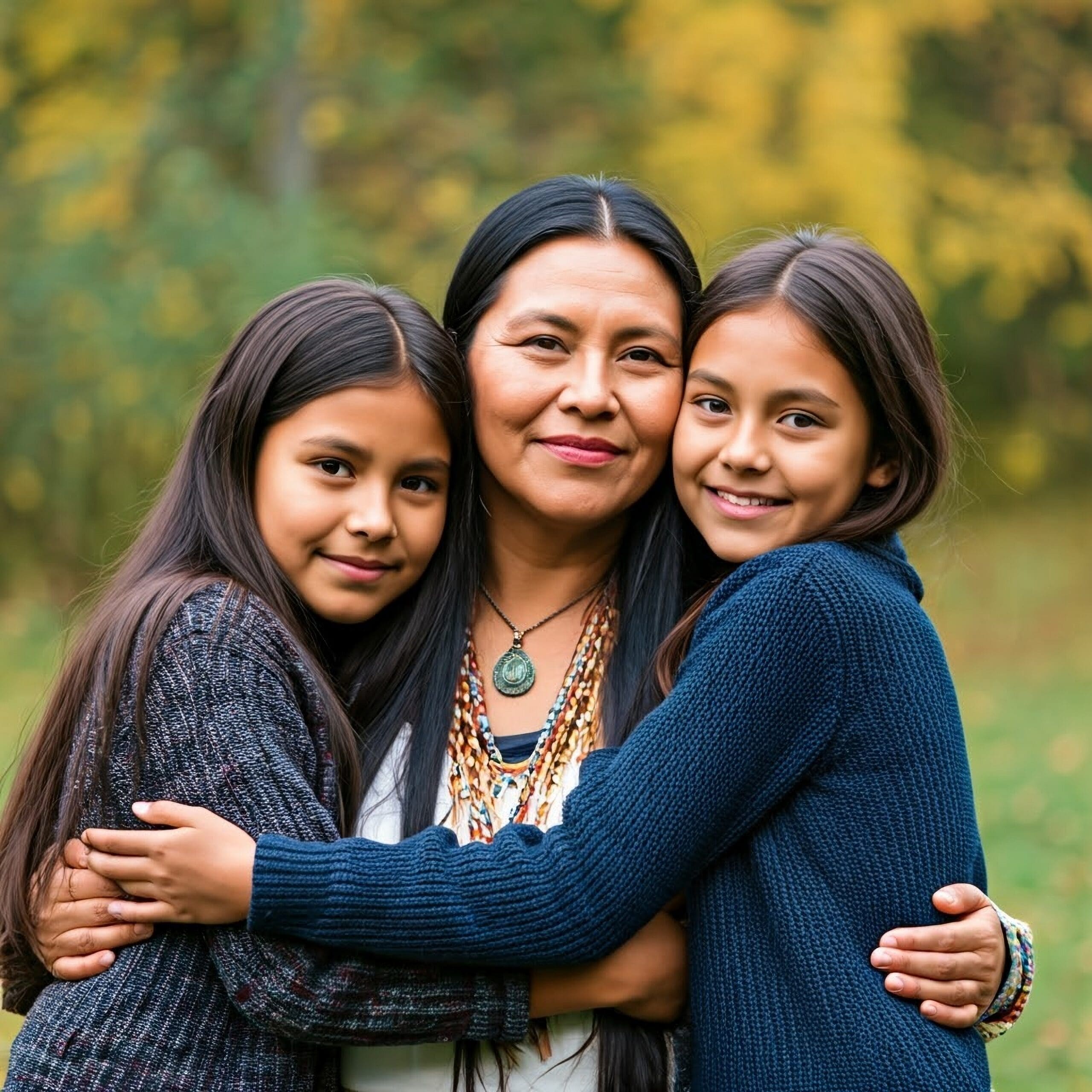
Here to Help
Whether you have questions or are ready to enroll, get the conversation started! Fill out the contact form or schedule a virtual Zoom appointment to meet with a Navigator today!
Confirm Your Tribal Status
with any of the following documents:
- A document issued by a federally recognized Tribe indicating tribal membership;
- An enrollment card;
- A certificate of degree of Indian blood issued by the Bureau of Indian Affairs;
- A Tribal census document; or,
- Any document indicating affiliation with the Tribe.
You can still use
Indian Health Services (IHS)
even if you have health insurance!
By enrolling in health insurance, you’ll have additional access to health care services and benefits that may not be available through IHS. When you do visit IHS, your insurance plan can help your local tribal clinic make up for shortfalls in funding. Each time you visit your facility, your provider can bill insurance for the services you received. This revenue helps your local facility expand services.
Health Care You Can Afford
Medicaid
Medicaid is a federally funded health insurance program. You do not have to pay premiums or enrollment fees. You don’t have to pay out-of-pocket costs like copayments, coinsurance, and deductibles for services. If your child is enrolled in CHIP, you don’t have any out-of-pocket costs. Certain Indian resources and payments aren’t counted for Medicaid and CHIP eligibility, making it easier for you to qualify.
Marketplace
When you have coverage through a Marketplace plan, you’ll have access to a wider range of providers and services in addition to health care services you get through Indian health care providers. You will not have any out-of-pocket costs if you seek services with an Indian health care provider. If your income is between 100% and 300% of the federal poverty level, you can enroll in a “zero cost sharing” plan. This will eliminate out-of-pocket costs like deductibles, copayments, and coinsurance when you get care.
Learn more when you call 605-251-0733
Fill Out the Contact Form
After you submit a form, a Navigator will reach out to you. We’ll answer your questions, show you your options, and help you get enrolled correctly.
Our Native American Partners
IN SOUTH DAKOTA
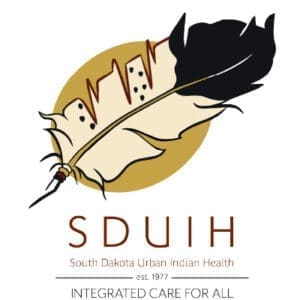
South Dakota Urban Indian Health
SDUIH is a health clinic dedicated to healing your mind, body, and spirit while grounding in Indigenous values. They operate two medical and behavioral health clinics, ensuring you have access to the care you need. SDUIH has Navigators on staff to help you enroll in health insurance!
Sioux Falls and Pierre, South Dakota
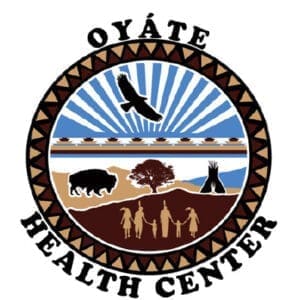
Oyate Health Center
Oyate Health Center is a tribal–owned primary care clinic managed under the Great Plains Tribal Leaders’ Health Board. They focus on an integrative health care model, ensuring you get the best care possible. They provide access to a medical provider, case manager, pharmacist, behavioral health expert, and a lab representative. You can learn more about their Navigator program here.
Rapid City, South Dakota
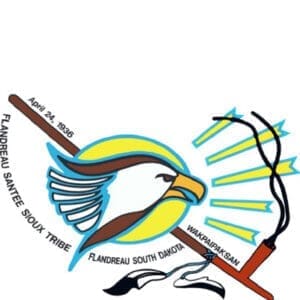
Flandreau Santee Sioux Tribal Health Center
The FSST health center provides primary care health services to eligible Native American people living on or near Flandreau Santee Sioux Indian Reservation Service Area. The top five health priorities here are diabetes, behavioral health, cancer, heart disease, and dental disease.
Flandreau, South Dakota
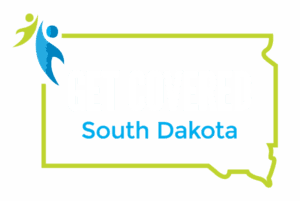
For More Info
Penny Kelley
Outreach & Enrollment Services Program Manager
penny@communityhealthcare.net
605.277.8405
Sioux Falls
196 E 6th Street, Suite 200
Sioux Falls, SD 57104
605.275.2423
This page is supported by the Centers for Medicare and Medicaid Services (CMS) of the U.S. Department of Health and Human Services (HHS) as part of a financial assistance award totaling $1,600,000 with 100 percent funded by CMS/HHS. The content are those of the author(s) and do not necessarily represent the official views of, nor an endorsement, by CMS/HHS, or the U.S. Government.
